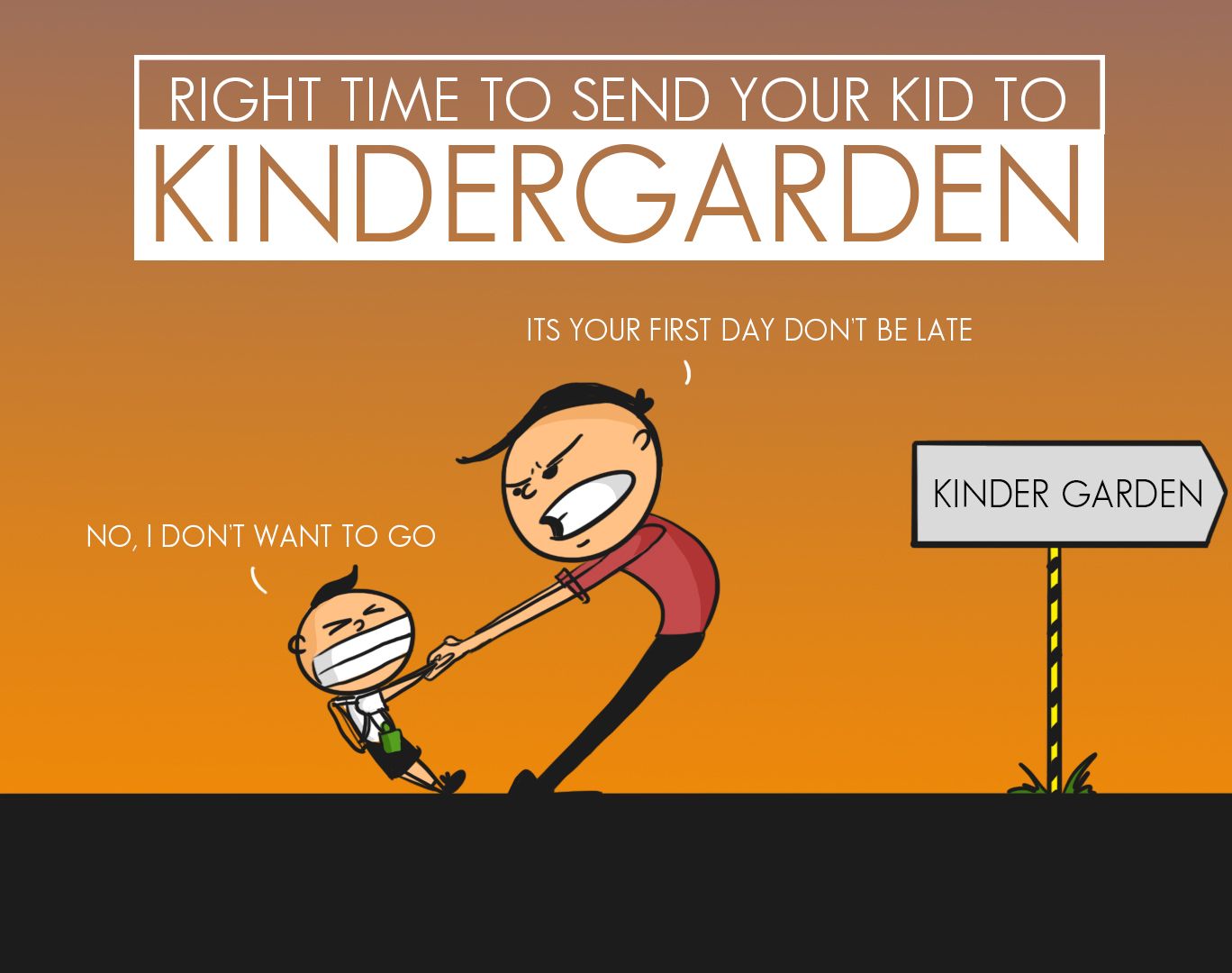“Intelligence plus character – that is the goal of true education.”
—Martin Luther King Jr.
Choosing the right educational institution is like choosing the course that a river is going to take. Whether the river picks up minerals or dirt depends on the course chosen. A dilemma that parents and young children face is whether boarding school is the right decision. The answer to a question like this is highly subjective. To make the right decision, a number of factors need to be considered. The best way to deal with this question is to weigh the pros and cons of certain factors in one’s own situation. A few of the most important factors are the age and maturity of the child, the passion for sports and extra-curricular activities and relationship with family members.
For starters, what is the reason boarding school is being considered in the first place? Is it because you cannot handle your child anymore? Is it because you believe it will provide a rounded experience? Or is it because your child is too distracted at home? It is important that boarding school isn’t looked at as the easy way out. It may seem easy, at first, to hand over your child’s responsibility to an educational institute. But this could cause irreversible harm to the child emotional development. Your child should not feel like s/he is being sent off. Let me give you an example: In the movie Taare Zameen Par, Darsheel Safari has dyslexia. His father makes a rather hasty and impulsive decision to send him to boarding school because he was not doing well academically and was mischievous. Had Amir Khan not rescued Darsheel Safari, would he have found his talent and passion for art? Would his dyslexia not have remained undiagnosed?
Distance often makes the heart grow fonder. But, when it comes to boarding school, it matters what age the child is at too.
I studied in boarding school after class X. The reason my parents and I thought it was the right choice was because I wanted to study the IB curriculum. It is highly intensive and includes a certain amount of extra-curricular activities too. It was the first time I was going to be away from home and therefore, it took a lot of thought and consideration to make this decision. I was about to turn 16 and was mature enough to live on my own. I understood why I was studying away from home in the first place. With this in mind, I made a conscious effort not only to work hard and maintain a good academic record but also to maintain a positive relationship with everyone at home. But, had I been younger when I went to boarding school, this may not have been the case. In my two years there I became really good friends with children my age who were not at all close to their parents. Most of them had joined boarding school much earlier before I had. They spoke to their parents once in a couple of weeks even though we got a chance to do so thrice a week. For them, friends had become family. The consequences of this, again, are highly subjective.
The correct decision about boarding school also greatly depends on the relationship the child’s family members share with one another.
A number of my friends at boarding school who had joined when they were quite young came from families with divorced parents. In this case, sending the child away could be either helpful or detrimental. It could help the child stay away from problems at home and focus on academics and co-curricular activities. However, keeping them unaware of these problems may make them angry and rebellious. It is important to stay in touch with the child throughout and be honest about the happenings at home. Most boarding schools offer weekly boarding which is convenient when the boarding school is not too far away from home. This allows frequent meetings with family members thus not allowing the child to lose touch with family.
Boarding schools around the country promote sports, dance, music and other co-curricular activities. This allows children to gain interest and develop their skills in these activities. This makes students all-rounders and adapting humans by nature. However, what is the point of all this if the child is dealing with negative emotions?
Therefore, do not look at the boarding school as the easy way out. Look at it as the chance to give children their own field.
Whether they make this field a cricket pitch, concert hall or a quizzing centre is up to them. Intelligence, plus character – that should be your aim.



